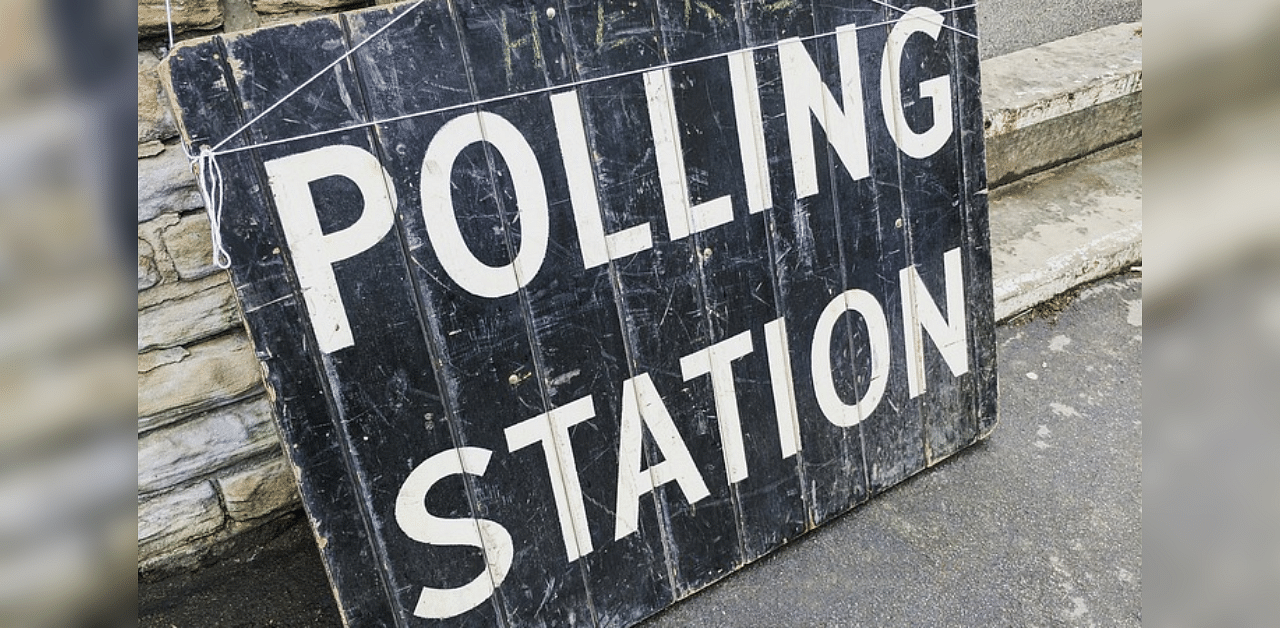
Mask-clad Romanians started voting Sunday to choose mayors and local councillors, but a coronavirus surge threatens to hit the first electoral test after years of political turbulence with a high abstention rate.
Nationwide, the east European country of almost 19 million people has 43,000 seats to fill in the single-round election ahead of national polls in December.
One of the EU's poorest members, Romania has seen Covid-19 infections rise rapidly since lifting a strict lockdown earlier this year.
The deeply-entrenched Social Democrats (PSD) -- unseated from government in 2019 in a parliamentary no-confidence vote after two years of anti-corruption protests -- have accused the current liberal minority administration of mismanaging the pandemic.
But it remains unclear to what extent the health crisis will outweigh other concerns, with the National Liberal Party (PNL) still just ahead of the PSD in recent surveys.
Politicians and observers worry about a traditionally low turnout dipping even further. Only 48 percent of eligible voters took part in the last local elections four years ago.
"I will not vote. Anyway nothing will change. Politicians only care about their own welfare," a 34-year-old jogger who only gave his name as Stefan told AFP in a Bucharest park.
Amid an atypical campaign that has seen parties mostly beat the drum online, President Klaus Iohannis has assured that going to vote involves "almost no risk" and "is not more dangerous than going shopping".
Masks and safety distances are mandatory and disinfectant is provided at every polling station, while temperature checks are also being taken.
Romania so far has reported more than 121,000 coronavirus cases and some 4,700 deaths.
Though some hospitals have been struggling with the numbers of virus patients, the PNL-led government has so far ruled out re-imposing severe restrictions and further strangling the economy.
"I have voted for the sake of the young generation, so they may have a better future. I have worked hard all my life, and now I have a miserable pension," Marin Alexandru, 73, a retired carpenter, told AFP outside a Bucharest polling station.
A 46-year-old marketing consultant who only gave her name as Mihaela also said she wanted conditions improved. Her 21-year-old son, after finishing his masters, was preparing to emigrate, like millions of others seeking better opportunities elsewhere in the EU.
PSD -- which currently governs the capital -- was unseated nationally last year after attempts to push through controversial justice reforms, despite warnings from Brussels, that saw massive street protests.
Even so, the party, which has dominated the political landscape since the end of communism 30 years ago, maintains a strong presence in the countryside.
It relies on a disciplined electorate, often at the beck-and-call of "local barons" -- politicians who have controlled certain regions for decades.
Daniel David of Babes-Bolyai University in Cluj said young people were less and less inclined to vote in municipal elections, underestimating the polls' impact on their lives.
"If localities develop unevenly, it is because the local authorities make the difference," he said.
While European cohesion funds -- of which Romania has absorbed 58 billion euros ($67 billion) since joining the EU in 2007 -- have enabled many municipalities to flourish, development gaps remain significant.
"I pay my taxes on time so in turn I expect the mayor to do his job, but after four years nothing has changed," said Mirela Toader, a resident of Arges, central Romania, who is still waiting for her house perched on a hill to be connected to electricity and running water.